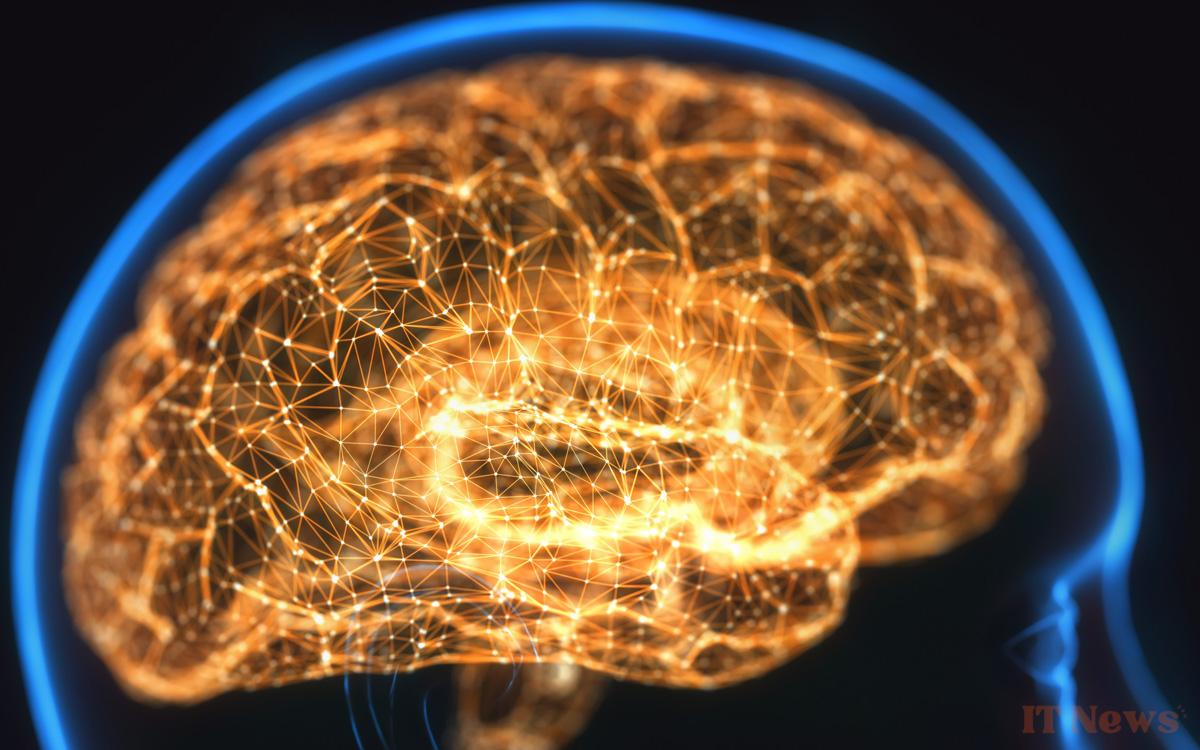The dangers of AI are often poorly defined, and probably impossible to anticipate in their entirety. However, it seems that the most serious and visible danger is already at work. The damage is increasingly significant, and could turn into a real time bomb.
OpenAI, Google, Microsoft, Apple, Mistral, DeepSeek… a growing number of players are engaged in a race for the first artificial general intelligence. A model whose intelligence, performance, and vast knowledge should far exceed human capabilities. As Ray Kurzweil writes in his excellent book The Singularity is Near, we are approaching a historical point (which he calls “Singularity”) after which all progress will be driven by AI.
Humanity will have to largely rethink how it operates, in an era of almost total dependence on ultra-advanced models. However, we are already seeing a huge danger emerging almost everywhere. Even though current AIs like ChatGPT are far from being able to define themselves as AGI. The problem lies in the very relationship between humans and technology. And you have probably already noticed this too.
New technologies tend to make humans lazy
The arrival of smartphones always in our pockets and the democratization, among other things, of GPS applications like Google Maps, pushes us to constantly use navigation to find the slightest address. Even very close ones. With its extensive knowledge and its ability to generate coherent texts, ultimately quite human-like in appearance, generative AI is also gradually making humanity dependent.
It's no longer just about one thing, like navigation. But rather, it's about dependence on a vast amount of knowledge that we no longer need to assimilate painfully over long years of labor. Gone is also the effort of writing texts by hand, editing images, creating videos, and much more. Yes, using AI instead of one's own brain is something that tempts more and more people.
And it's affecting a growing number of industries. On the one hand, a growing number of media outlets are using AI to varying degrees (don't worry, this is never the case on Phonandroid.com). Some to assist research, better understand concepts faster, provide assistance with time-consuming tasks... but others at every stage of the writing process.
AI is gradually causing humanity to lose control over its future
The same is true at universities. This article published in The Chronicle of Higher Education denounces the use made of it by higher education students. They tend to rely heavily on generative cats, which shakes the very foundations of higher education. All of this, and an infinite number of similar examples, threatens to have serious consequences in the more or less long term if nothing is done. Very concretely, humans will no longer hold the reins.
OpenAI and other firms fear that, in the future, conscious superintelligent AIs will manage a large part (or even every aspect) of our societies. With the risk that they will make small decisions on a global scale, invisible to humans, but with no less devastating consequences – potentially linked to their own agenda. It clearly seems that we are entering the period in which humanity lost its independence.
It remains to be seen what can really still be done to avoid an almost inevitable disaster. It is certain, moreover, that reversing the trend will involve truly radical decisions to push humans to continue feeding their gray matter. The challenge is to keep humanity capable of creating a better future itselfin which it retains control – at least in part…




0 Comments